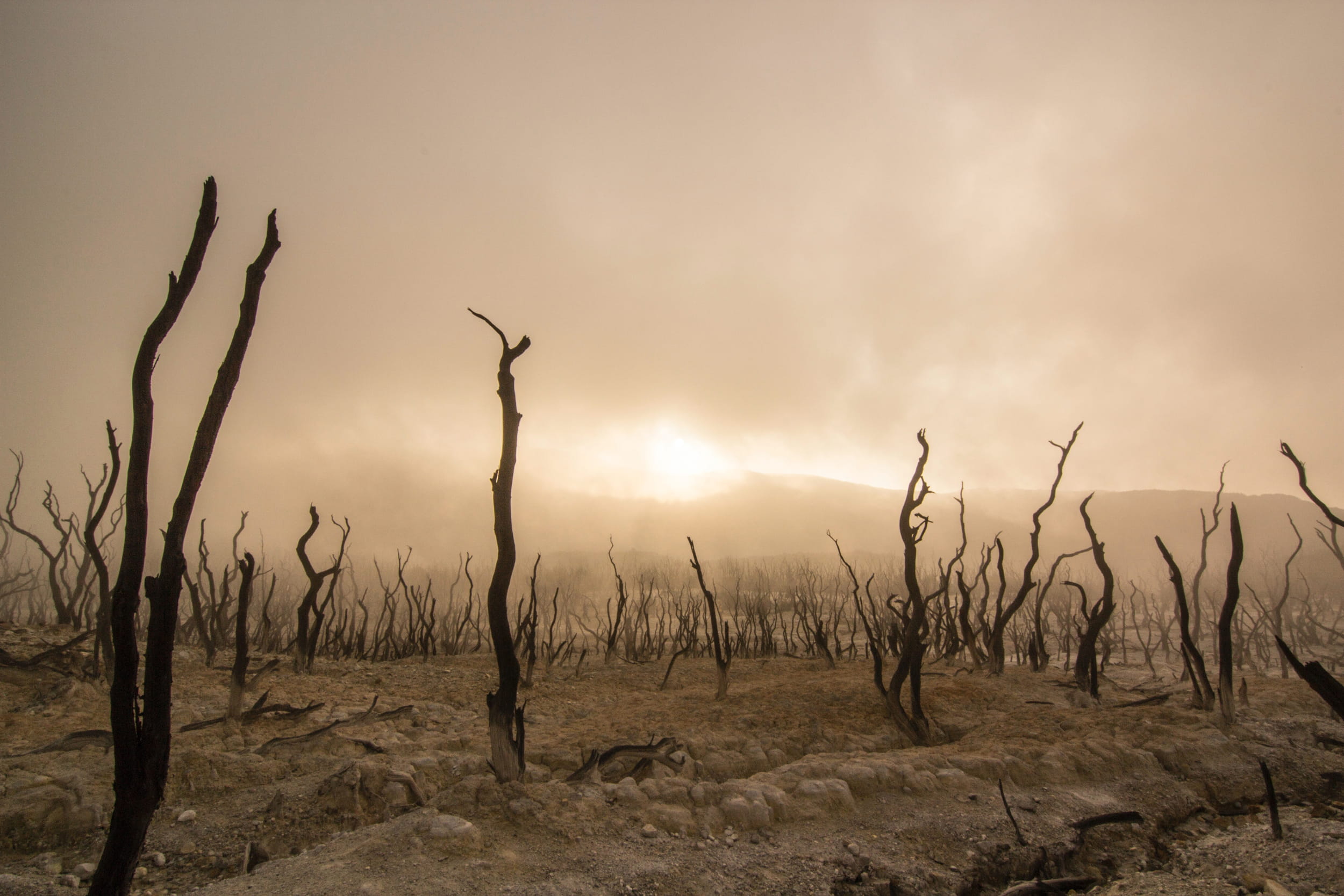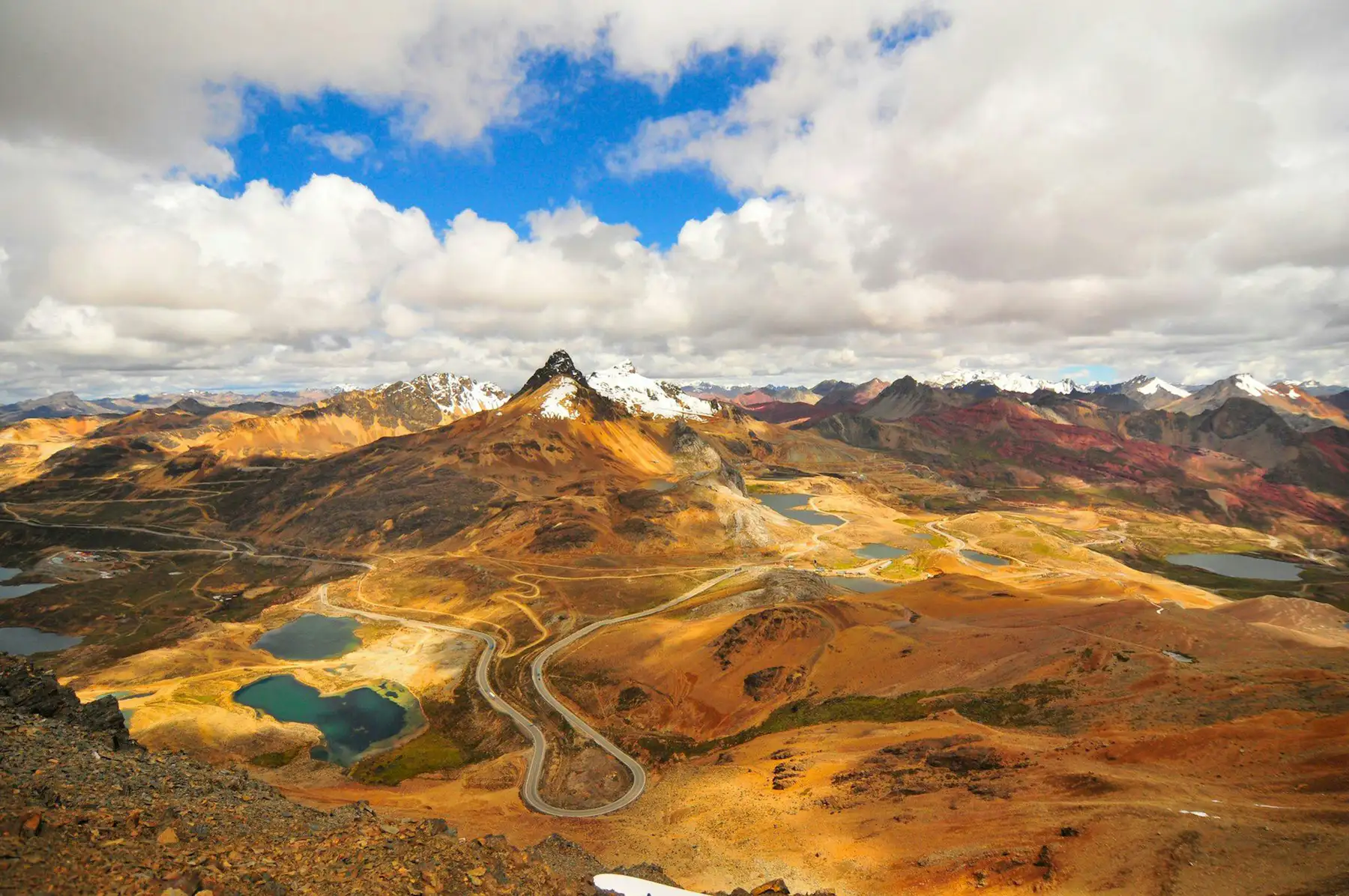GEO Cold Regions Initiative
GEOCRIInitiativeFocuses on Earth observations for cryosphere monitoring and research.

Climate, Energy and Urbanisation addresses the interconnected challenges of climate change, energy use and urbanisation through Earth observations, focusing on localised adaptation, mitigation and resilience strategies.
GEO provides critical insights by tracking climate trends, assessing renewable energy potential, and monitoring urban expansion and land use, supporting integrated planning and decision-making to enhance sustainability in human settlements.
Through activities such as GEO Cold Regions Initiative, GEO Human Planet and the Global Heat Resilience Service, GEO harnesses Earth Intelligence to empower:
Focuses on Earth observations for cryosphere monitoring and research.
Maps human presence to inform sustainable development strategies.
Innovative service using Earth Intelligence to identify heat risks, support cooling strategies and enhance resilience in urban areas.
Hydrometeorological data in Africa should be publicly available, open, and free, but there is a lack of resources to realize this.
Addresses environmental challenges unique to the Arctic.
In the context of GEONICE, “nexus” refers to the common space where the three areas—climate, energy, and urbanization—intersect
Monitors impacts of climate on urban heritage sites.

Central to GEO’s work on climate and urban resilience is the Global Heat Resilience Service, an innovative tool designed to address the growing challenges of extreme heat in urban areas. By leveraging advanced Earth observation data, the service enables stakeholders to:
The Global Heat Resilience Service equips decision-makers with actionable intelligence to mitigate heat risks, enhance urban resilience, and protect vulnerable communities from the escalating impacts of climate change.

This work advances:
GEO’s Post-2025 vision focuses on bridging knowledge gaps, fostering innovation in urban resilience strategies and integrating Earth Intelligence data with socio-economic metrics. Initiatives will emphasise equity, youth engagement and actionable intelligence for sustainable urban development.
Supports countries in producing reliable forest information for climate change mitigation.
Enhances disaster resilience through Earth observations.
Advances Earth observations for monitoring mountain ecosystems.
Monitors night-time light to assess socio-economic activities.
Integrates Earth observations for sustainable resource management.
Promotes Earth observation collaboration for environmental monitoring.
Focuses on global water quality monitoring and management.
Focuses on ocean and coastal observations to support sustainable use.
Uses Earth observations for enhancing security applications.
Provides accessible Earth observation data to support sustainable development in Africa.
Advancing and operationalizing Digital Earth, at an initial stage, through the Earth Observation (EO) Data Cubes efforts, with a focus on implementing global principles in local contexts
Provides tailored Earth observation solutions for Pacific Island nations.
GEO-IA contributes to a more inclusive, equitable, and sustainable approach to Earth observation initiatives that benefit Indigenous communities, the scientific community, and global efforts to harmoniously coexist with our planet.
A step toward realizing the massive untapped potential for GEO and GEO Youth to mutually benefit from critical, deliberate engagement with one another.
Fostering collaboration and strengthening the networks of women’s participation in marginalized communities within these fields is essential for building a collaborative, accessible Earth data ecosystem
An international community focused on the value and socioeconomic impacts of geospatial information for decision-making